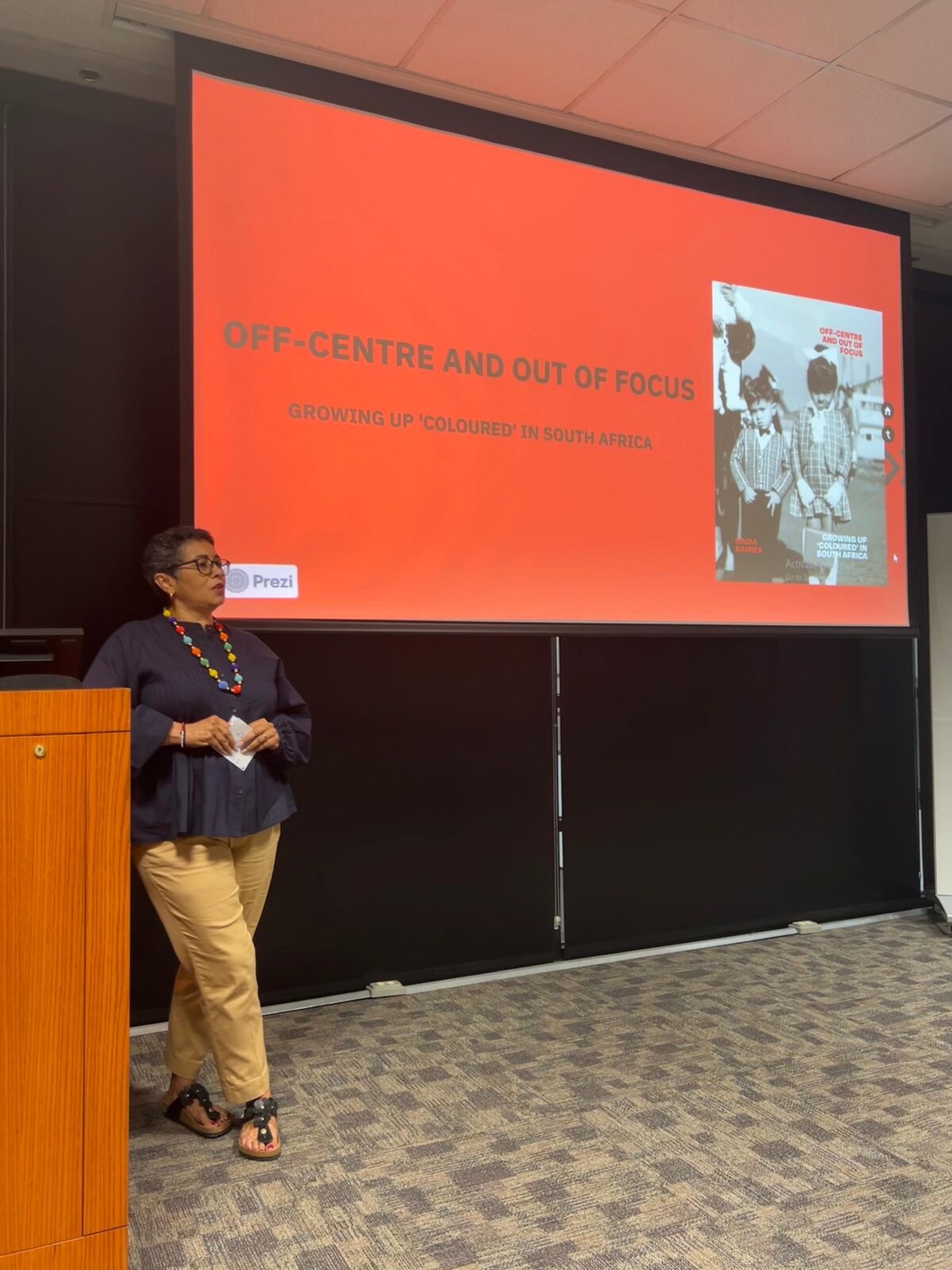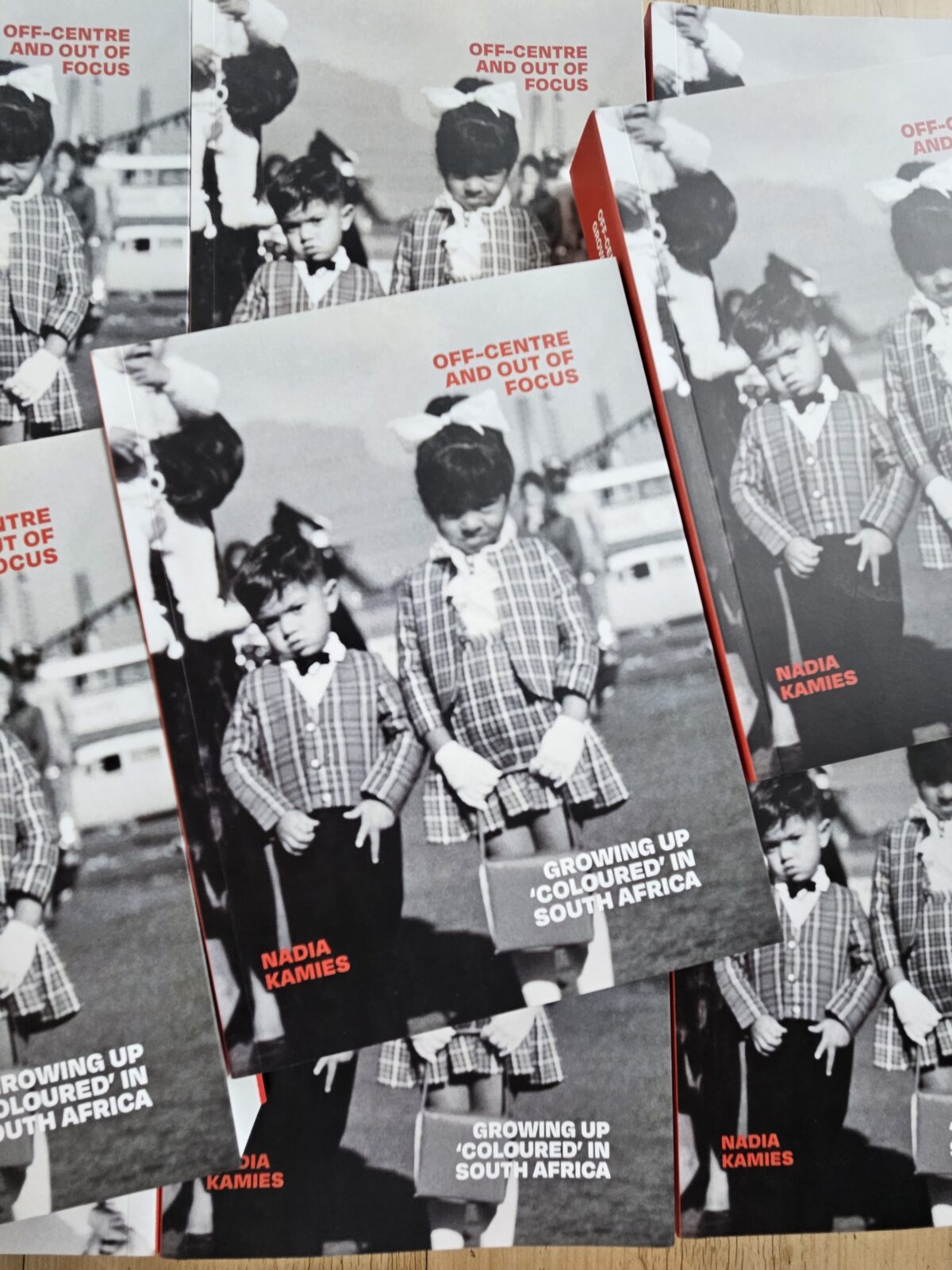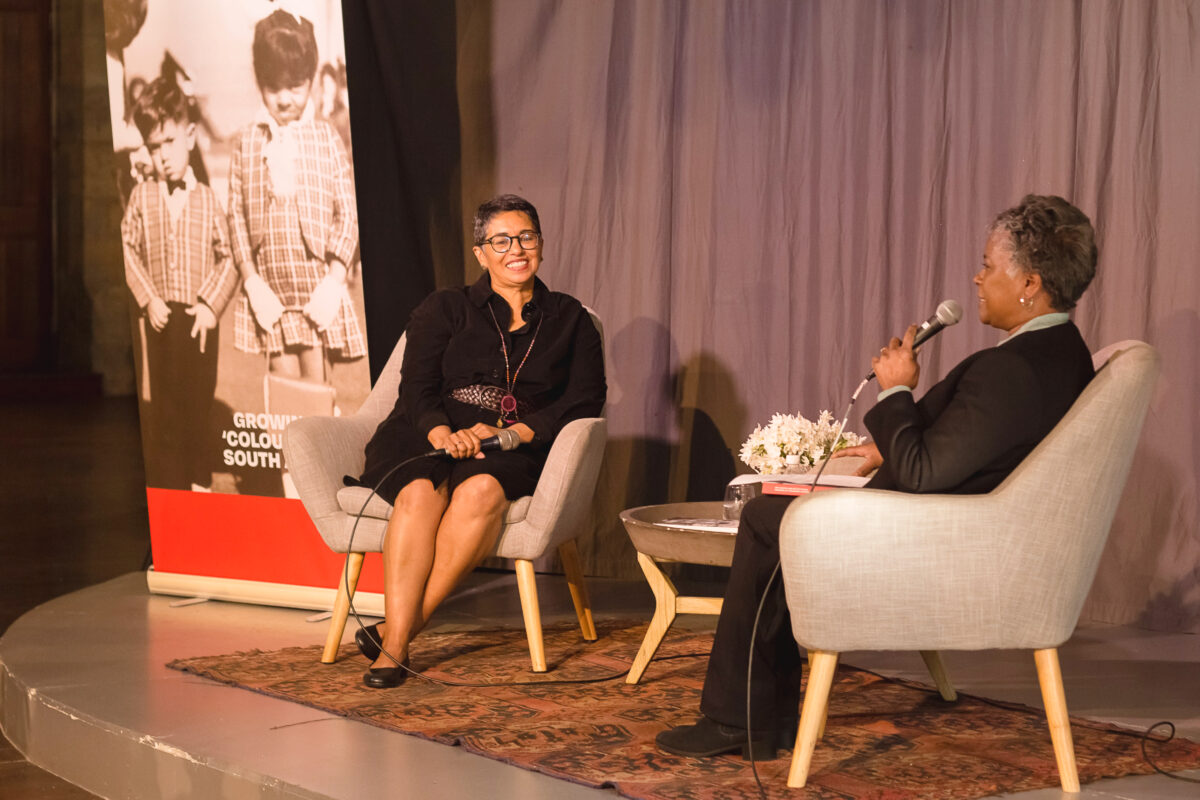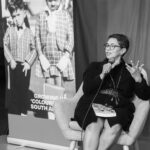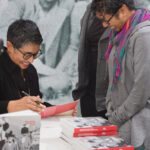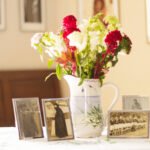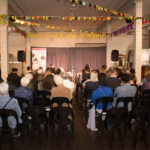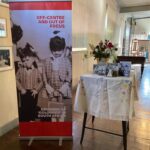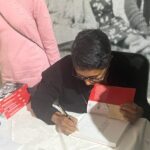Off-Centre and Out of Focus was published two years ago this month. While the book launches and festivals have been fun, what has brought me the most joy has been the many conversations that have rippled out from my writing. I have met the most interesting and creative people and gone down unexpected paths.
Amongst these have been journeys to the Copper Mountains and across the Gariep River with Wendy Morris, and trips down memory lane in District Six and Walmer Estate with Ayesha Mukadam, the director of the documentary Restitching District Six. I have been in conversation with actor Bo Petersen about her autobiographical play, Pieces of Me, and with artist Marsi van de Heuvel about her exhibition, Skoonveld at the Cape Town Art Fair.
I have had the opportunity to exhibit my own family photographs and ceramics with Our Cape Town Heritage and explored some of the history of St James Beach with Multispecies Stories. I have spoken with midwives, doulahs and smeervroue in Cape Town and Paulshoek, and I have treasured every interaction with people who have come up to me at book events to share their own anecdotes about growing up in South Africa.
To those who ask about the next book – this one has been a life’s work and it seems it isn’t finished with me yet! I will be publishing Off-Centre and Out of Focus as a second edition in the UK in January 2026 with Rowanvale Books … watch this space for that book journey and other exciting projects on the way!
PS I have added the links to some of the people and projects and encourage you to check out the work that they are doing.
Featured image taken during an address to faculty members at Xavier University of New Orleans. November 2024.
